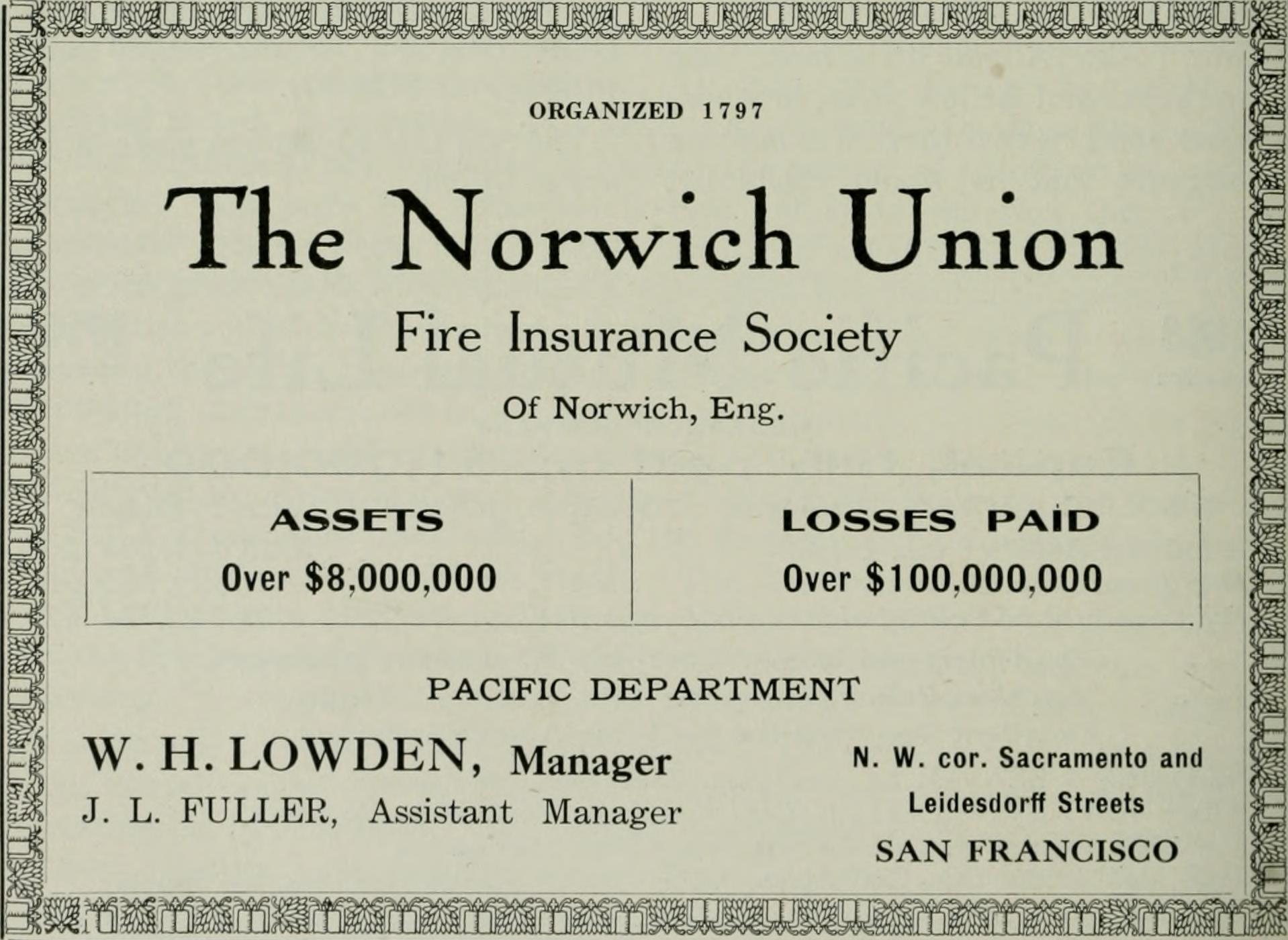Property & Casualty Agent 101
- Introduction to Property and Casualty (P&C) Insurance
- General Liability Insurance
- Workers Compensation Insurance
- Stock Throughput Policies
- Product Recall Coverages
- Inland Marine Insurance
- Cyber Insurance
- Directors and Officers (D&O) Insurance
- Other Insurance Policies
- Other Insurance Policies
- Other Insurance Policies
- Other Insurance Policies
- Wrap Up and Preparation for Licensing Exam
Other Insurance Policies
Understanding Business Interruption Insurance

Equitable transfer of the risk of a loss, from one entity to another in exchange for payment.
Business Interruption Insurance is a type of policy that covers the loss of income that a business suffers after a disaster. The income loss covered may be due to disaster-related closing of the business facility or due to the rebuilding process after a disaster.
Key Elements of Business Interruption Insurance
Business Interruption Insurance typically covers:
-
Revenue: The policy should replace the amount of money that would have been earned had the disaster not occurred. This is usually based on previous financial statements.
-
Rent or Lease Payments: Even if premises are unusable following a disaster, many leases still require that businesses make payments. Business interruption insurance would cover these costs.
-
Relocation: The policy covers the cost involved in moving to and operating from a temporary location.
-
Employee Wages: This coverage can help you keep your team by ensuring that you can pay salaries even when revenue streams are interrupted.
-
Taxes: Taxes are often still due, even if a business isn’t bringing in revenue. Business interruption insurance can help a business stay current on tax payments.
-
Loan Payments: Loan payments are often due monthly. Business interruption insurance can ensure these are paid even if income is interrupted.
Assessing the Need for Business Interruption Insurance
When assessing the need for Business Interruption Insurance, businesses should consider the following:
-
Location: Businesses located in areas prone to natural disasters such as floods, hurricanes, or earthquakes may have a higher need for this type of insurance.
-
Industry: Certain industries may be more susceptible to business interruptions. For example, manufacturing companies rely heavily on operating machinery, and a breakdown could lead to significant losses.
-
Financial Stability: Companies with little financial cushion may be unable to survive a significant interruption in cash flow without this type of insurance.
Selling Strategies for Business Interruption Insurance
When selling Business Interruption Insurance, agents should focus on the potential financial impact of a disaster. Highlighting the costs associated with rebuilding, including potential lost revenue, can help businesses understand the value of this coverage. Additionally, agents should be prepared to explain the policy details and provide examples of incidents where Business Interruption Insurance was beneficial.